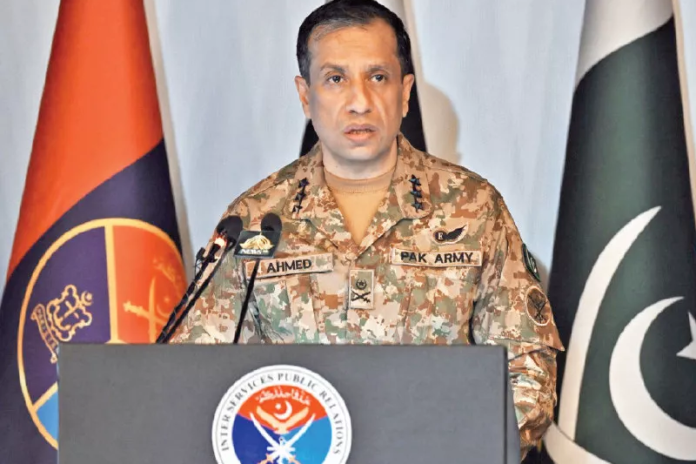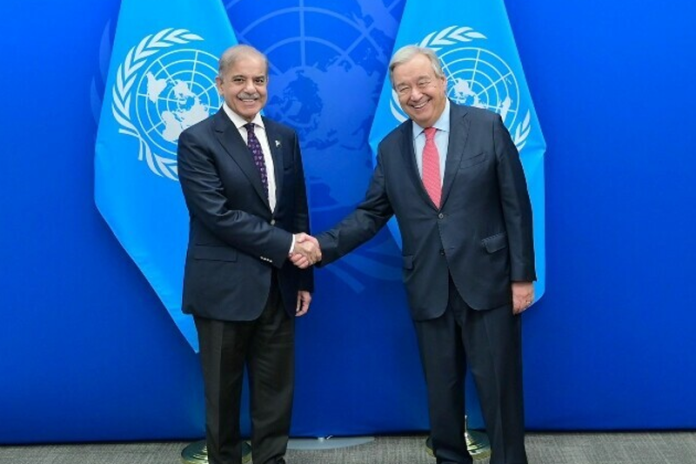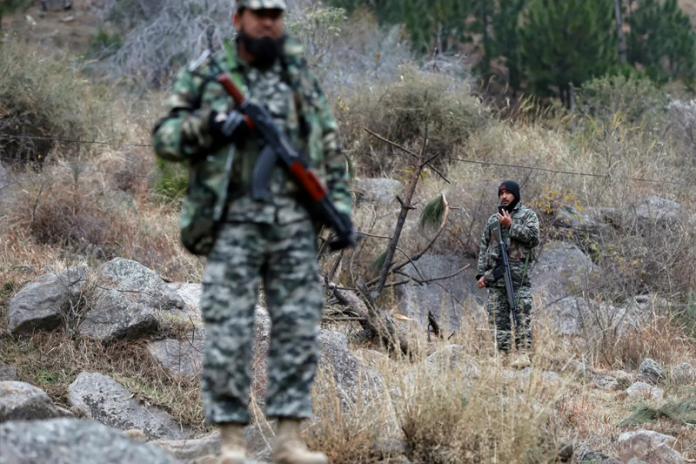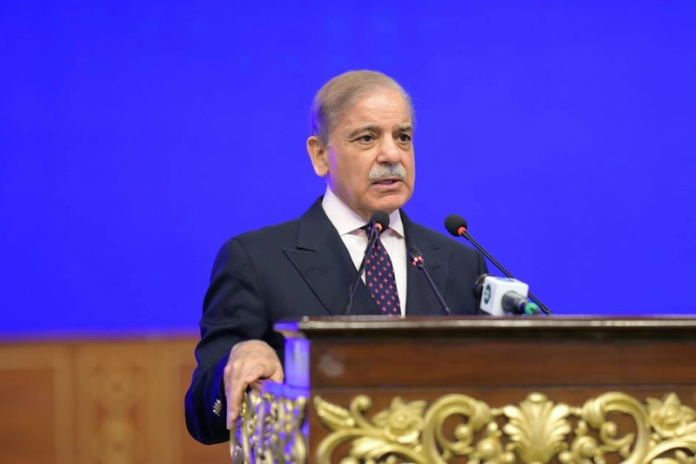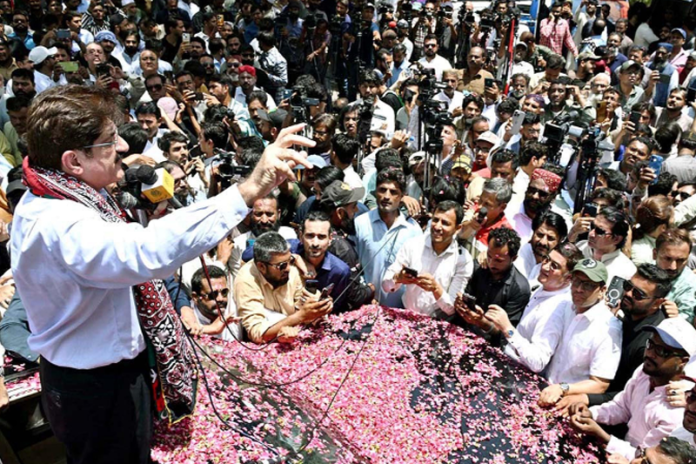Islam: The fastest growing religion in the world

- 320
- 0
In recent decades, Islam has emerged as the fastest-growing religion globally, a phenomenon supported by a range of sociological, demographic, and cultural factors.
As of 2024, an estimated 1.9 billion people adhere to Islam, making it the second-largest religion after Christianity. The dynamic growth of Islam can be attributed to various factors including high birth rates in predominantly Muslim countries, conversion trends, and the increasing visibility of Islamic culture worldwide.
One of the most significant contributors to the growth of Islam is its high birth rate. According to the Pew Research Center, the Muslim population is expected to grow at a rate of approximately 1.8% annually, significantly outpacing the global average growth rate of 1.1%. This demographic trend is particularly noticeable in countries with large Muslim populations such as Indonesia, Pakistan, and Bangladesh, where fertility rates are higher compared to many Western nations. For instance, the fertility rate in Pakistan is about 3.3 children per woman, compared to 1.6 in many European countries. These higher birth rates result in a younger population that continues to grow and contribute to the increasing number of Muslims worldwide. Another important factor driving the growth of Islam is conversion. While conversion rates to Islam vary by region, there is a notable increase in the number of people embracing the religion. Studies indicate that in Western countries such as the United States and the United Kingdom, there is a growing interest in Islam, often driven by curiosity about its teachings and the perception of its values aligning with personal or spiritual quests. For instance, a 2017 study by the Pew Research Center found that around 20,000 people in the United States convert to Islam each year. This trend is reflective of a broader global movement where Islam is seen as offering a coherent spiritual and ethical framework in an increasingly complex world. Islam's rapid growth is also closely linked to migration patterns.
In recent years, increased migration from Muslim-majority countries to the West has introduced diverse populations to Islamic practices and communities. This migration is driven by various factors including conflict, economic opportunities, and educational prospects. As Muslim immigrants establish communities in new regions, they often bring their cultural and religious practices with them, contributing to the visible presence of Islam in these areas. The integration of Islamic practices into multicultural societies can also lead to a greater understanding and acceptance of the religion among non-Muslims. The digital age has played a crucial role in the growth of Islam as well. The internet and social media platforms have provided a global stage for Islamic teachings and practices. Online platforms offer Muslims around the world the opportunity to connect, share their experiences, and engage in religious discourse. This digital connectivity helps in reinforcing Islamic identity and practices, making them more accessible and appealing to a global audience. Furthermore, social media has facilitated the spread of Islamic knowledge and has become a tool for outreach and education, which can contribute to increased interest in the religion. Moreover, the positive portrayal of Islam in various media channels and educational forums has contributed to its growing appeal. Documentaries, literature, and academic research exploring the rich history and cultural contributions of Islamic civilizations help dispel myths and misunderstandings about the religion. As people learn more about the contributions of Islamic scholars to fields such as science, mathematics, and philosophy, there is a greater appreciation and curiosity about the religion and its followers. Islam's growth is also marked by its ability to adapt and evolve in different cultural contexts. The religion's flexibility allows it to integrate with diverse cultures while maintaining its core principles. This adaptability makes Islam a relevant and dynamic faith in a globalized world. For instance, Islamic practices and interpretations can vary widely across different cultures, from the practices of Indonesian Muslims to the customs of Saudi Arabian Muslims. This diversity within Islam can make the religion more appealing to people from various backgrounds, as it demonstrates its capacity to respect and incorporate different cultural traditions while preserving its fundamental teachings. It is essential to note that the growth of Islam does not occur in a vacuum; it is part of a broader pattern of religious and cultural exchange.
The increasing visibility of Islamic culture and practices in various aspects of global life-whether through cuisine, art, literature, or festivals-fosters greater intercultural understanding and acceptance. As more people come into contact with Islamic practices and values, there is a growing recognition of the religion's role in global society. In conclusion, the rapid growth of Islam can be attributed to a combination of high birth rates, conversion trends, migration patterns, and the influence of digital and media platforms. As the global Muslim population continues to increase, Islam's impact on world culture and society is likely to become even more pronounced. The religion's adaptability and the positive engagement with diverse cultures further support its expansion and presence in the contemporary world. As we move forward, understanding these dynamics is crucial for fostering greater interfaith dialogue and promoting a more inclusive global community.

